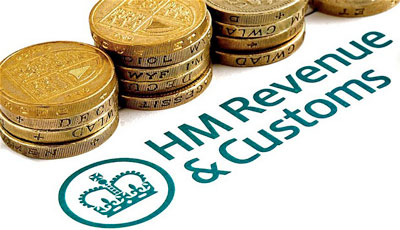HMRC debt recovery powers will need to be ‘bomb-proof’

IT WAS SOMETHING of a slow burner, but once people noticed HMRC may be granted the power to directly deduct tax owed from debtors, the concerns began to surface.
Ethical issues were raised over the legitimacy of such a move, while others noted that, alongside its ‘pay up first’ policy to be applied to those involved in tax avoidance schemes disclosed under DOTAS, it could make the taxman arbiter of the tax law beyond its jurisdiction.
It has also emerged that the taxman expects some £365m to be generated through the measure by 2019.
The scope, too, for the wrong amount being deducted in error has caused practitioners to query the wisdom of the proposal, but the taxman maintains it will only use the powers in cases where the debt is well-established and with a series of stringent safeguards in place.
What those safeguards are will be outlined in a consultation. Nevertheless, HMRC insists the powers will be reserved for those who “fail to engage” with the taxman and emphasised the debtors do not lose their right to appeal.
Few would argue the tool’s effectiveness as a revenue-raiser, but many practitioners warn there is still opportunity for error, and harbour concerns over recourse to use of the powers. ICAEW tax faculty technical committee chairman Paul Aplin warned the measures would have to be “bomb-proof”.
“I know HMRC says that the measure will have strong safeguards, but there will be very few practitioners who have not at some time seen HMRC pursue debts that are not due,” he told Accountancy Age.
Despite the fears expressed by practitioners, the strength of feeling is not uniform. Indeed, the Institute of Directors’ head of taxation Stephen Herring suggested the profession has “more authentic challenges to government tax policy than this”.
“In my view,” he adds, “most businesses and individual taxpayers who pay their tax liabilities on time have no patience with the extremely small minority who attempt to defer established tax liabilities for a protracted period.
Herring went to suggest, as others have, that the powers “will act as a deterrent” to those who hope to wear HMRC’s collection system down by failing to respond to the existing collection processes or, where appropriate, agree to a payment plan.
Of course, no adviser worth their salt wants to see the tax dodgers getting away with it, but on the question of whether such a move is taking things too far, the profession is undecided.
Indeed, some commentators have gone so far as to invoke Orwellian imagery and contrast the announcement with the chancellor’s reference to the Magna Carta in his Budget address.For the consultation to yield useful results, though, advisers are best served in acting with one voice, as disunity has, as countless past examples demonstrate, opened the door to botched legislation.
(By Calum Fuller)
Source: accountancyage




























